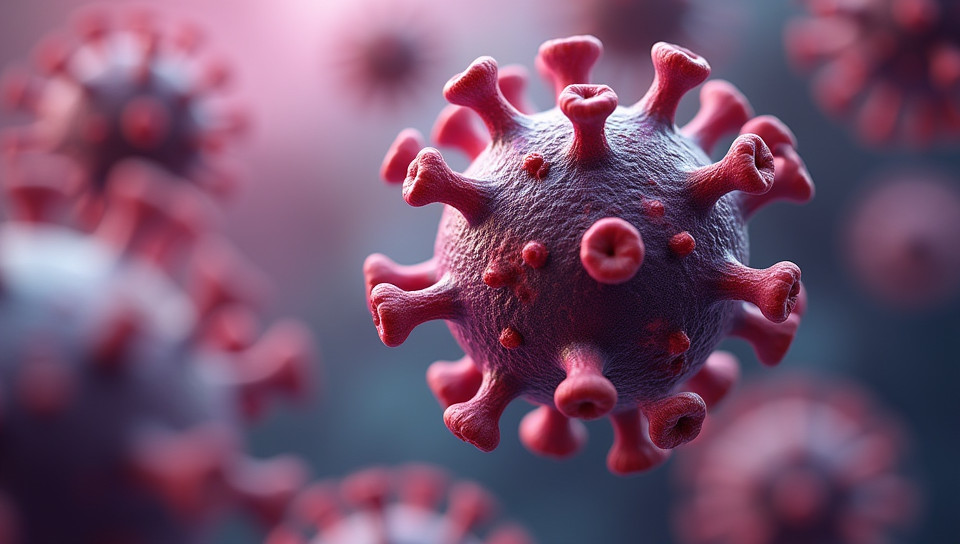Exposure to triclosan accelerates the emergence of resistant bacteria 70%

The Silent Threat of Triclosan: How Our Obsession with Cleanliness May Be Fueling the Rise of Superbugs
We've all heard it before: soap, toothpaste, and hand sanitizer are essential for maintaining good hygiene and preventing the spread of illnesses. But what if I told you that one common ingredient in many personal care products may be contributing to a more pressing problem? Exposure to triclosan, a widely used antibacterial agent, has been linked to the accelerated emergence of resistant bacteria.
What is Triclosan?
Triclosan is a synthetic chemical added to a wide range of consumer products, including soaps, toothpastes, and hand sanitizers. It's marketed as an effective tool for reducing bacterial growth and preventing infections. However, its overuse has raised concerns about the potential consequences.
The Rise of Superbugs
Antibiotic-resistant bacteria, also known as superbugs, are a growing concern worldwide. These microorganisms have developed resistance to traditional antibiotics, making it increasingly difficult to treat infections. Exposure to triclosan has been shown to contribute to this problem in several ways:
- It can promote the growth of resistant bacteria
- It can lead to the development of new antibiotic-resistant strains
- It can reduce the effectiveness of existing antibiotics
The Consequences of Triclosan Use
The use of triclosan has far-reaching consequences for human health and the environment. Some of the potential risks associated with exposure to triclosan include:
- Increased risk of infections, particularly in individuals with compromised immune systems
- Contribution to the development of antibiotic-resistant bacteria
- Potential impact on hormone regulation and reproductive health
What Can We Do?
While it's not possible to completely eliminate triclosan from our lives, there are steps we can take to reduce our exposure:
- Choose personal care products that are triclosan-free
- Opt for natural soap and toothpaste alternatives
- Practice good hygiene habits without relying on antibacterial agents
Conclusion
The relationship between triclosan and the emergence of resistant bacteria is a complex one. While it's still unclear exactly how much triclosan contributes to this problem, it's clear that our overuse of antibacterial agents poses significant risks for human health and the environment. By making informed choices about the products we use and taking steps to reduce our exposure to triclosan, we can help mitigate these risks and promote a healthier future.
- Created by: Sofia Mendoza
- Created at: Oct. 19, 2024, 6:22 p.m.
- ID: 13627









